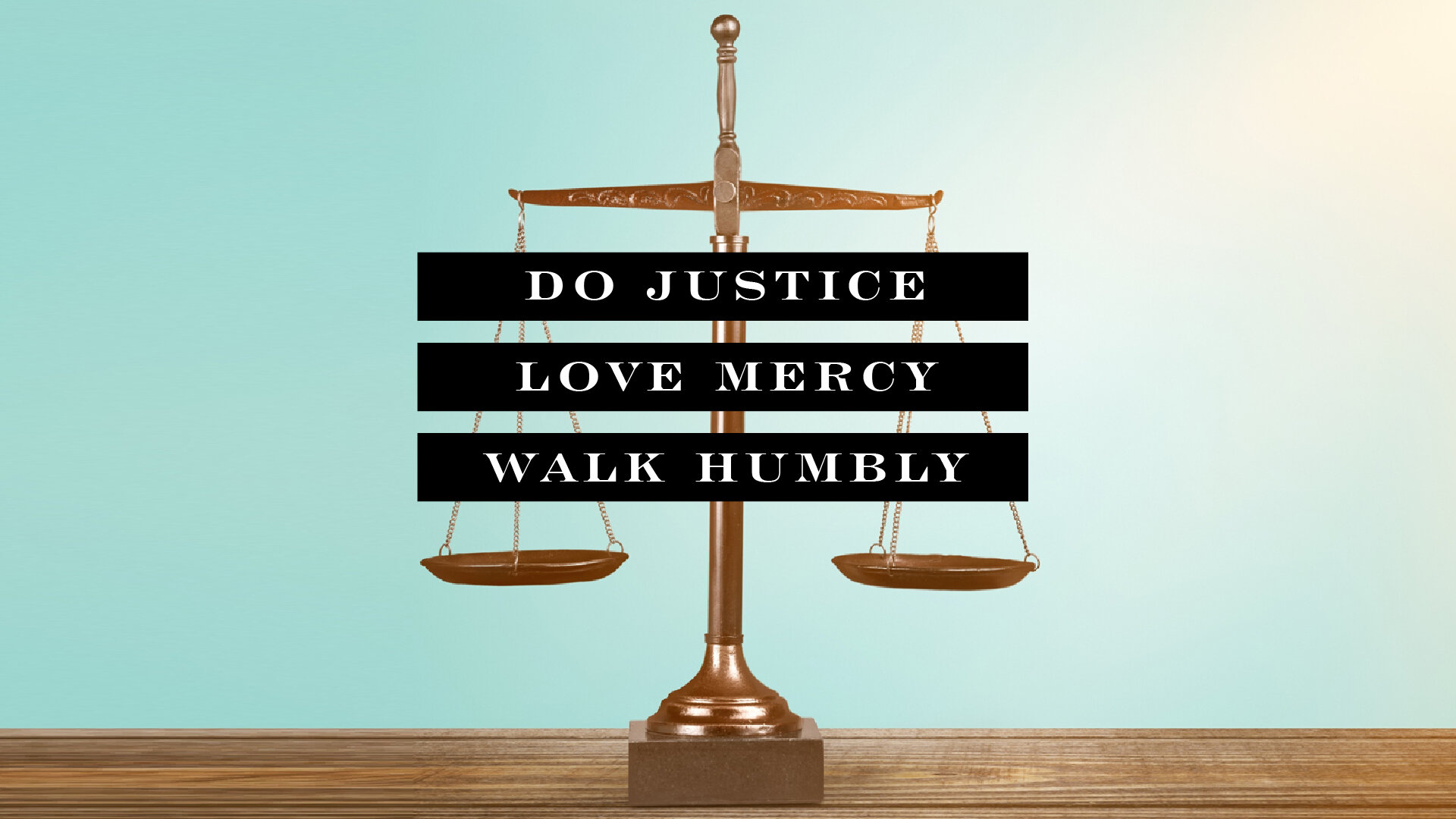It All Smells the Same…
I traveled last week to Oklahoma City for a conference. Accompanying me were three other team members. We had about four hours before the first scheduled event. As we traveled to get the rental car, I told them, “Now look what there is to see in Oklahoma City, or you will wind up seeing what I want to see.” To my surprise, no one pulled out their phone and began looking for interesting places in Oklahoma City.
We got in the rental minivan, and I said again, “What do you want to see in Oklahoma City?” There was a pause in their conversation, and then they continued discussing an unrelated subject. I pulled onto the Interstate to Downtown and said yet again, “Have you decided what you want to see in Oklahoma City?” This time I was greeted with, “Whatever you want to see is fine.” I tried to warn them, “What I want to see in Oklahoma City is probably not what you want to see.” My team said they trusted me to lead them to interesting sites in Oklahoma City.
They were a little surprised when I headed for Stockyard City, a neighborhood where the Oklahoma City Stockyards is located. I knew we were getting close when we passed an eighteen-wheeler pulling a cattle trailer.
I grew up in the cattle business. Our family has owned the Buckhorn Ranch for one hundred and sixty-one years. My Grandfather and my Uncle purchased the Okeechobee Livestock Market and turned it into the largest Livestock Market in Florida. My cousins, Jeff and Todd, still own the market. My cousin Kelly, along with my Skipper cousins, are cattle-brokers, buying and grading cattle and shipping them to Western feedlots. During my seminary days in Louisville, when I got homesick, I would go to the Bourbon Stockyards and watch the cattle sale. It smelled like home.
I wanted to see the Oklahoma City Stockyards, the largest livestock market in the world. They have survived for over a hundred years, right in the middle of town. We wound up on the backside of the Stockyards, driving the only minivan insight. Stretching over the pens were elevated catwalks. I parked and said, “Let’s take a look.”
I am pretty sure the catwalks were not up to OSHA standards. They were solid but reached by rickety stairs. A powerline ran next to the catwalk, so close you could touch it. Stretching out as far as you could see were cow pens, full of – you guessed it – cattle. About half a mile away was a large brick building, the auction house.
Men were moving and sorting cattle right below us. I explained to my team members what they were doing when a cow got by one of the men. He began to use four-letter words that my team members may not have heard before, but I heard them many times; in fact, I myself use them on occasion. My Uncle Tiny, a country Baptist preacher, said God made certain four-letter words so cattle could understand you.
The stockyards smelled like… stockyards. Cows tend to have loose bowels when they are nervous, and believe me, cows get nervous in a stockyard. There was about eight thousand head of cattle in the pens, give or take a few hundred. Believe me when I say there was a lot of nervous material left on the ground. Underneath all this material was brick. More than once, we saw a cow slip on the muck and fall. It is hard to get much traction. A front-end-loader went by, hauling out a load of the accumulated material.
I could have stayed there all day; I was in my element, I was among my people, I was smelling the smells of home. But it was suggested to me there might be other interesting things to see in Oklahoma City. Before I left, I took a picture of the Stockyards and sent it to my brother and my cousins Kelly, Todd, and Jeff.
Kelly sent me back a picture of his wife Elizabeth, standing on the same catwalk. They had visited a few years earlier. I told Kelly he really knew how to impress a woman. He replied she would have rather been shopping. My cousins Jeff and Todd have made that trip too. Jeff texted me back, “Big place! But smells the same as it does everywhere.”
I thought about that. Processed cow digestive material smells the same in Florida, South Carolina, Kentucky, Oklahoma, and just about everywhere. Processed grass is processed grass.
I thought about sin. It is so easy to look at my sin and think “It’s not so bad. I’m not hurting anyone. I’m not as bad as that guy in the news.” But the truth is, sin is sin. It smells the same. When it gets processed through our souls, we wind up standing in it. Sin makes it hard to get traction in life. Sin accumulates over time. When we attack sin ourselves, we would be like one man in the Stockyards with a shovel trying to clean it out while more is being made every day.
I think my life is like the stockyards. I have accumulated a lot of sin in my life. It limits me. But the good news is I have a Savior who cleans out my sin, who cleans me up, and who sets me on a different path.
Have you done a smell test of your soul lately? Maybe you need to turn over your life to the Savior who will clean you up.


